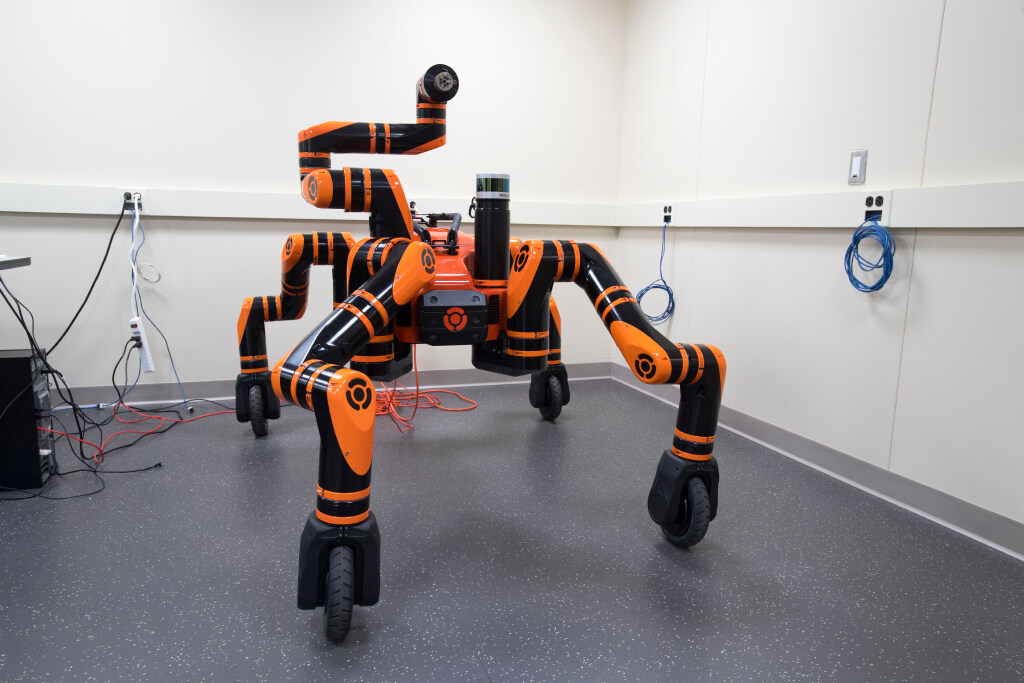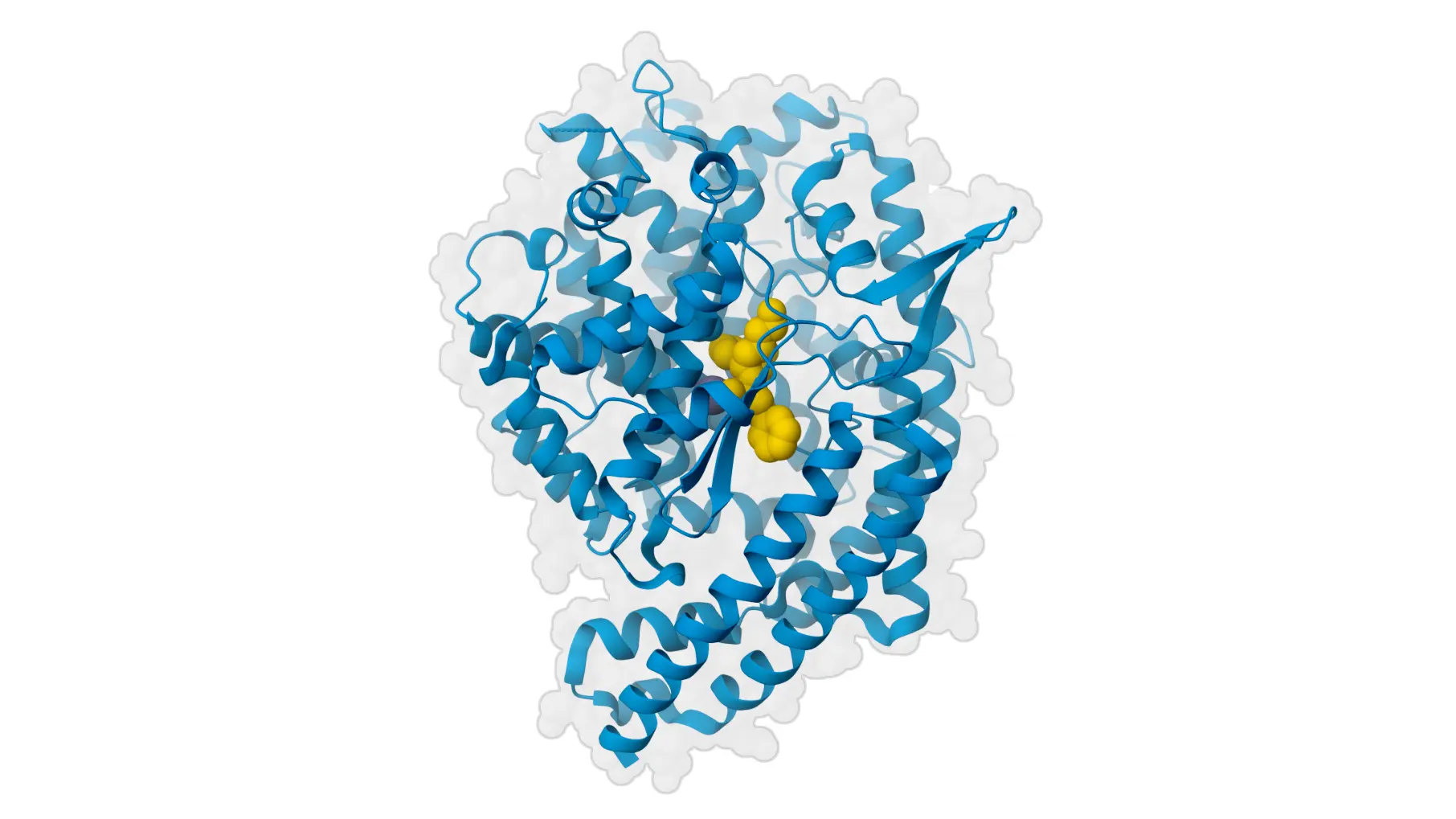
Platforms for Education and Research Cores (PERC) Awards
What Are PERC Awards?
The Office of the Chancellor is enhancing research opportunities for students across all levels through the strategic expansion of research cores—specialized equipment utilized by scientists and scholars for their research endeavors — by working with faculty members and other experts to curate curricular experiences.
This initiative, known as Platforms for Education and Research Cores (PERCs), aims to develop customized experiential learning experiences for students. The Rutgers-New Brunswick Office for Research (NB OfR) will be sharing more details soon about student engagement, university-industry collaborations, and the application process for becoming a PERC.
Current PERC Awards
The Office of the Vice Provost for Research will be curating and accepting calls for new PERCs. More information forthcoming.

Scarlet Vision DataWorkshop PERC Award
Wade Trappe, School of Engineering
The Scarlet Vision DataWorkshop will be a living-learning laboratory focused on uniting the university community behind the idea that visualizing data, science and the arts will allow Rutgers faculty and students to tackle tough societal challenges, to narrate stories supported with real data, and to unite the university as a community of innovation. Since the challenges society will face will be highly interconnected, the Data Workshop will be rooted in both deepening our understanding within disciplines as well as fostering collaborative efforts across disciplines. The goal is for the Scarlet Vision DataWorkshop to support both research and educational activities, purposefully blurring the boundary between the advancement of knowledge and pedagogical practice.
The Scarlet Vision DataWorkshop will make use of Augmented Reality and Virtual Reality technology, in combination with GPU-enabled workstations and data analysis software, to support active learning through lectures and “virtual hands-on” interaction and exploration of data. The DataWorkshop will be supported by an array of visualization and scientific analysis software that will support student and faculty exploration of data. The Scarlet Vision DataWorkshop project will also fund faculty from across the entire RU-NB campus to engage in data-driven research activities, as well as to develop a portfolio of curricular modules, new courses, and certification efforts that employ data visualization to drive student success. The development of curricular material will be supported by instructional facilitators trained in using the emerging technologies for active learning, and who will work closely with faculty members having the appropriate domain expertise. An initial development and launch of the Scarlet Vision DataWorkshop will start in April 2024 and run through 2025, with support provided by a grant from the Rutgers–New Brunswick Office of the Chancellor and the President’s Office of Rutgers, The State University of New Jersey.

Critical AI PERC Award
Lauren Goodlad & Matthew Stone, School of Arts and Sciences
Human communications in their profound relation to the human condition are being fundamentally reconfigured by the advance of commercialized large language models (LLMs) such as OpenAI’s ChatGPT and Google’s Gemini as well as multi-modal. All are examples of “generative AI”: sophisticated machine learning technologies that simulate human languages, communication, arts, and cultures through the statistical modeling of vast troves of “scraped” internet data. By engaging undergraduate student learning in research labs modeled on design justice principles, we will create a virtuous cycle between teaching and research; turning the next generation of Rutgers undergraduates into active citizens and cutting-edge researchers. Our Design Justice Labs (DJLs) will focus collaborative student research on the probing and prompting of these new generative technologies using templates recommended by data scientists engaging input particular to Rutgers students, the local community, and the campus at large. Our labs will welcome students across disciplines and schools enabling them to critical AI literacies and technical skills as they undertake research into model functionalities and track known or suspected areas of concern. These hands-on experiences will expand students’ understanding of a fast-evolving technology while providing skills and experimental techniques of potential value to future employer.

CryoEM PERC Award
Jason Kaelber & Stephen K. Burley, Institute for Quantitative Biomedicine, School of Arts and Sciences
Through this PERC, scientists will master the cryo-transmission electron microscopy workflow end-to-end. Hands-on experiments include vitrification, electron microscopy, automated data acquisition, and reconstruction of three-dimensional density maps. Practical aspects are emphasized so that scientists can go from a solution of macromolecules to an atomically-modeled structure. Both grid screening/assessment and collection of the final dataset are practiced.